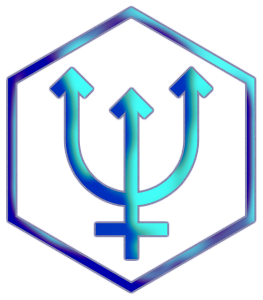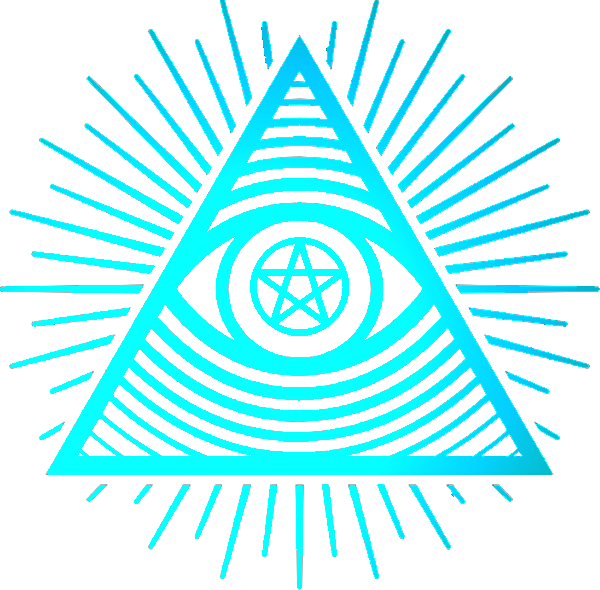Carl Gustav Jung
I have admired this personality since before having read some of his works completely, apart from his biography, of course.
Disciple of Sigmund Freud, whom he learned psychoanalysis from, later he developed analytical psychology; a name from which it is not surprising, if we take into account that this man spent his life analyzing life.
He created the theory of the collective unconscious, which has helped modern humanity begin to understand who they are, and how they have become who they are. C.G.Jung’s theory agrees with spiritual teachings of all times and cultures, he formulated an empirical theory, in scientific language and western vision. The revolutionary ideas that derived from the concept of the Collective Unconscious permeated much of New Age philosophy and practice. I believe that such a unifying theory has contributed to giving every human being the same value as co-creators of this common unconscious.
Our inner world shows who we really are able to become, and interconnect ourselves in a mysterious subconscious sea were we are all interacting with each other .
Reading the life of a master like Jung has been a pleasure. The book itself has many pages. You can see that it is practically written with the author’s words. You can see the personality of an introverted man, determined to get to the bottom of the matter at hand. Jung’s mission was to know his inner world, to face it as if it was a scientific experiment, and to verify his theories.
Loneliness does not arise because one has no one around but rather because the things that seem important to one cannot be communicated to others, or because one considers valid ideas that others consider improbable. Pg: 415
Well, in his biography he explains how that inner journey led him to corroborate the theory of the collective unconscious, empirically.
Reading it, I’m somewhat relieved. The way I live my life is, in a way, similar. I felt identified in the author’s words on numerous occasions during the reading. My life is an inner search; I observe, analyze and transform. Reading that someone lived a great life by deciding to dedicate it to the exploration of their unconscious makes me feel less “crazy” about doing something similar in mine.
We die as long as we don’t differentiate ourselves. Pg:450
Carl Jung’s journey does not contain any incredible adventures, nor are there any major details about his love life. He mentions his wife Emma Jung (who died before him), a researcher of the Holy Grail and a collaborator in her husband’s work. Does not tell how he met her, or if he does, it is only briefly, otherwise I would remember it, if the story of it had been minimal of passionate. *
What he was clearly passionate about was scientific research. You can see in the lines of the text the feeling of intoxicating passion that Jung experiences when approaching psychology from the researcher’s perspective. Someone who influenced him profoundly was Sigmund Freud, with whom he maintained an interesting master-disciple relationship. I believe that Jung considered him a friend for a while, but he was disappointed with the position that the master took upon receiving the revolutionary work of the disciple; everything is perfectly narrated in the biography.
Jung’s mind has inspired me through reading his biography, especially his mind.
If there is anything I should criticize in the text it would be that, more than a biography, considering that it tries to maintain the structure of a personal story, I have read a final plea to defend his theory. The text is written from the perspective of the mind; the mind analyzing pieces of memory. I do not find here the story of a life, of what went through Jung’s mind in everyday situations with his wife or his lovers. Moral dilemmas or exposing his emotions in a clear, sparse way. Memories, dreams, thoughts, of C.G.Jung; it is a window, with some curtains, to the mind of this master of psychenautics, a subjective justification of his scientific theories. A book that has surprised me and from which I have learned… and I will probably learn more by rereading VII Sermons ad Mortuos.
It’s important that we have a secret and the feeling of something unknowable. It fills life with something impersonal, with a numinous. Whoever has not experienced this has missed out on something important. Pg:415
*Surfacing through the internet I discovered that a biography of Emma Jung, Carl Gustav Jung’s wife and patron, was published. Some articles echoed the biography in various publications; the story told is juicy enough, the psychiatrist’s personality was very dominant and magnetic for women. He was polyamorous, but she must have been just for him. She became a psychoanalyst too, helping her husband to develop the theory, although from home. Jung makes some reference to her in the biography, you can feel in the words the deep affection the author felt for her, and the pain for her death. There is a movie called The Dangerous Method about him, worth the watch.
https://www.spectator.co.uk/article/a-rose-between-two-thorns




